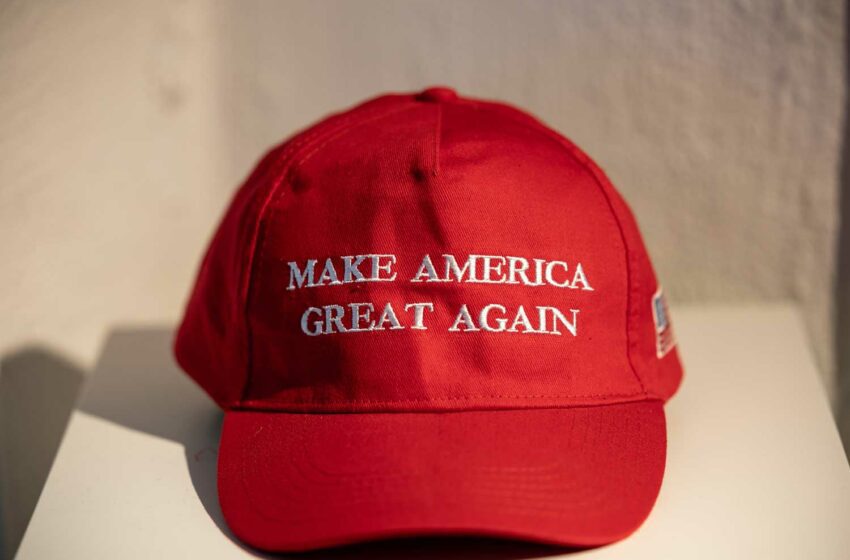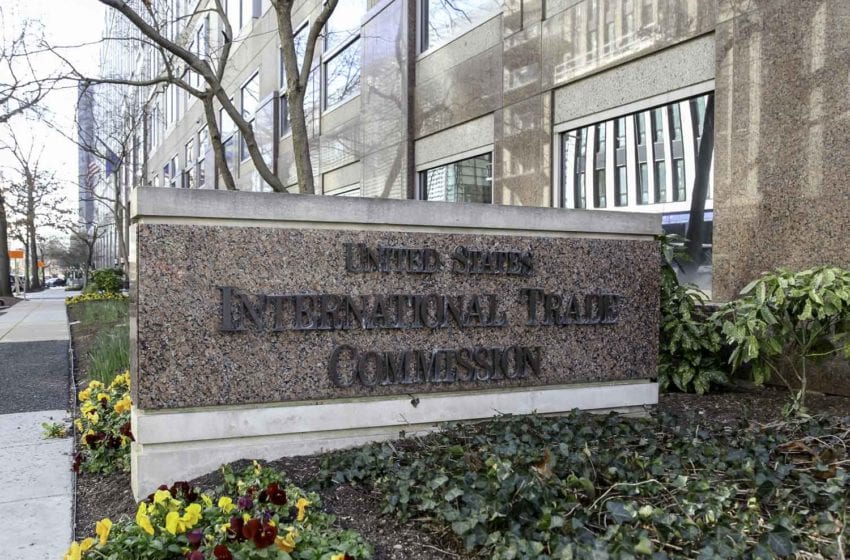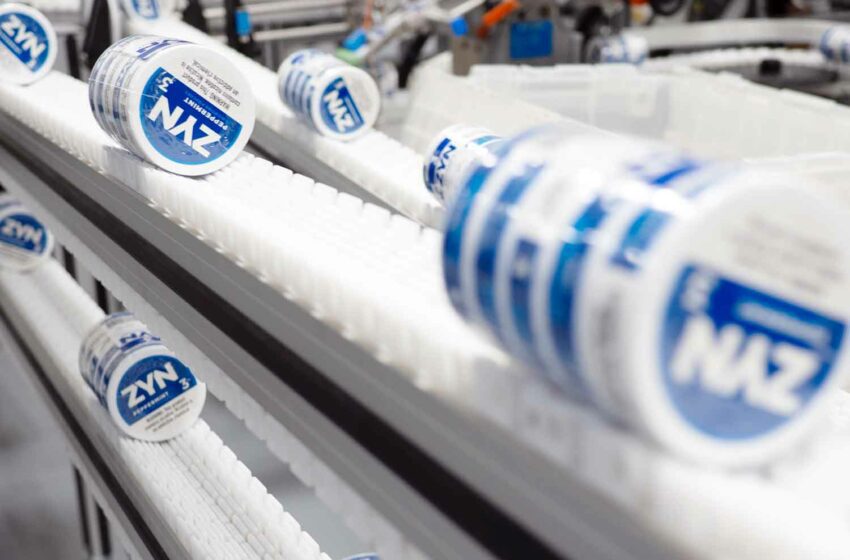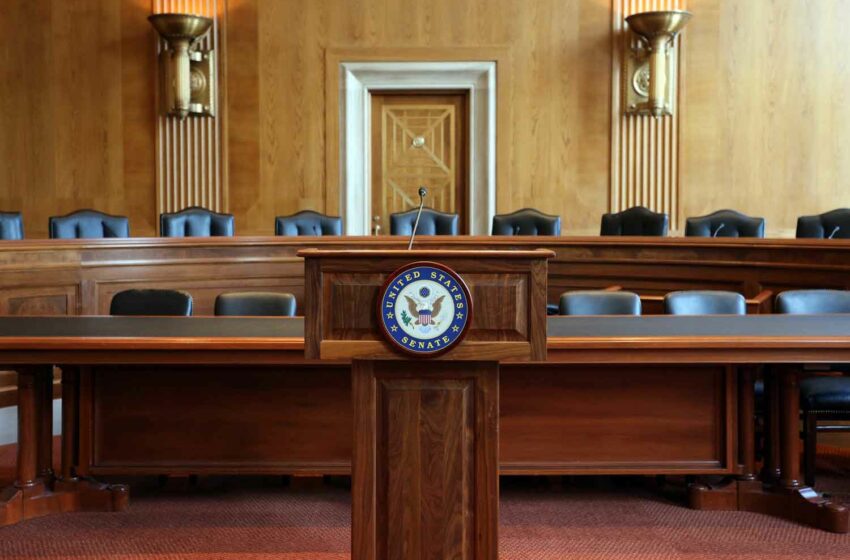
A new report from the CDC Foundation and Truth Initiative showed that from 2019 to 2023, there was a 47 percent increase in e-cigarette unit sales at U.S. retail outlets. Flavors like fruit, candy, mint, menthol and desserts accounted for more than 80 percent of sales.
The report, Monitoring E-Cigarette Trends in the United States: Urgent Action Needed to Protect Kids from Flavored E-Cigarettes, urges states to adopt comprehensive statewide policies restricting flavored e-cigarette sales. The report found that the most effective policies to restrict these sales clearly define products and include comprehensive flavored tobacco restrictions without flavor or product exceptions, incorporate community and retailer education and are supported by enforcement.
“The rise in e-cigarette sales, particularly those with youth-appealing flavors and graphics, is deeply concerning, especially as manufacturers evolve e-cigarette products to feature gamified devices and increased nicotine strength,” said Judy Monroe, president and CEO of the CDC Foundation, in a statement. “However, the data from states like Massachusetts, California and New York demonstrate how comprehensive policies can effectively curb youth access. This report underscores the urgent need for widespread adoption of similar measures to protect our young people from the risks associated with e-cigarette use.”
“E-cigarette sales have skyrocketed in recent years, with an explosion of new products—many designed to attract and addict our youth with increasingly high levels of nicotine,” said Kathy Crosby, CEO and president of Truth Initiative. “Today’s e-cigarettes are available in a vast array of enticing flavors and feature sleek, colorful designs. They’re also bigger, stronger and cheaper than previous devices, which only heightens their appeal. Even more concerning, over 80 percent of e-cigarettes are on the market illegally. While enforcement is vital to ending the youth e-cigarette crisis, retailers also must do the right thing, take responsibility to protect their young customers and remove all illegal products from store shelves.”
“While the latest data from the CDC Foundation and Truth Initiative show a dangerous rise in sales of e-cigarettes, they also reveal a notable decline in sales where strong policies restricting flavored e-cigarettes are implemented,” said Kelly Henning, public health program lead for Bloomberg Philanthropies. “The progress in states with strong policies underscores the urgent need for more action to swiftly and successfully combat the flavored e-cigarette epidemic among youth across the United States.”

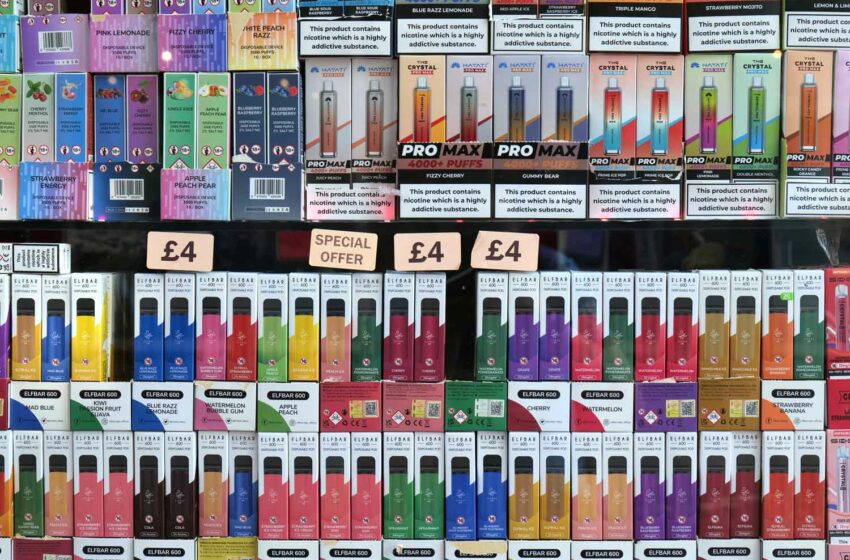
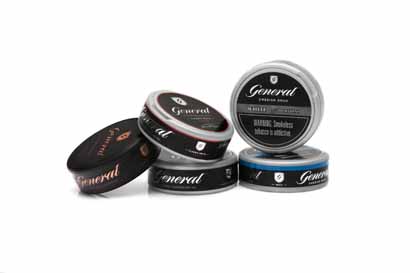

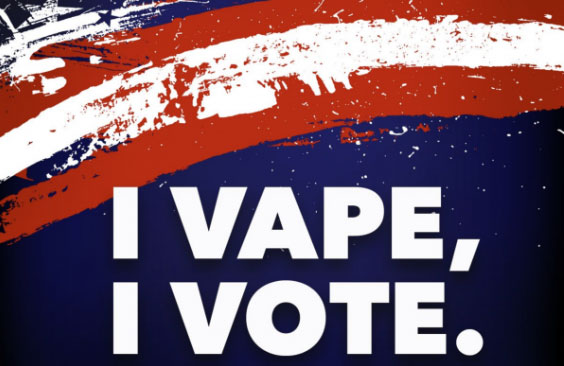
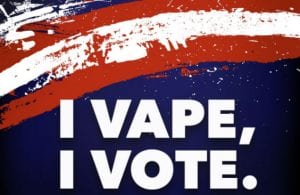 The Vapor Technology Association (VTA) celebrated the political currency and success of vaper voters in critical 2024 battleground election states and districts during the recent U.S. elections. According to the trade group, vaper voters helped secure electoral victories for Conservative candidates up and down the ballot.
The Vapor Technology Association (VTA) celebrated the political currency and success of vaper voters in critical 2024 battleground election states and districts during the recent U.S. elections. According to the trade group, vaper voters helped secure electoral victories for Conservative candidates up and down the ballot.